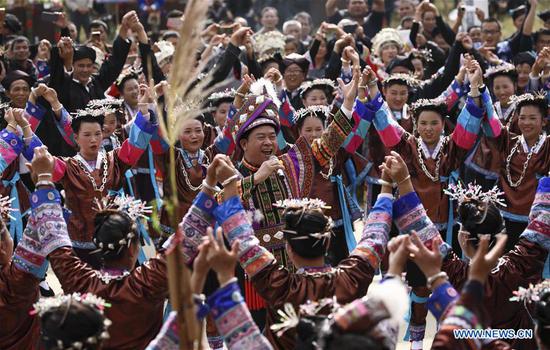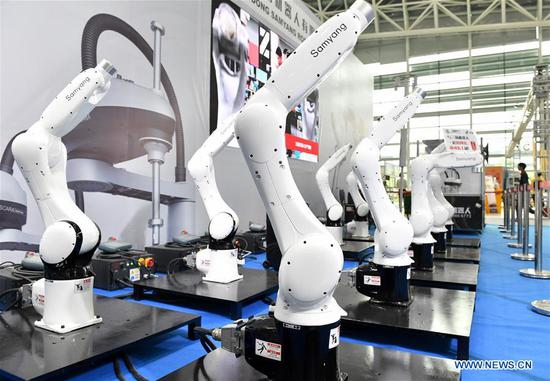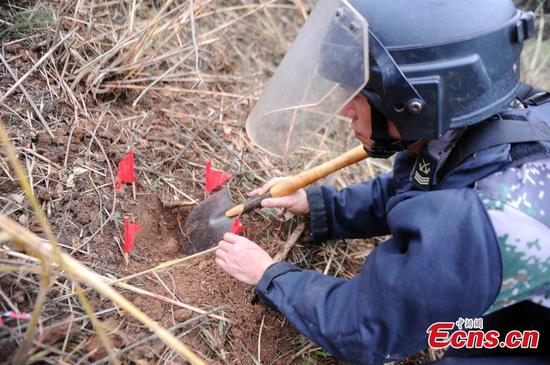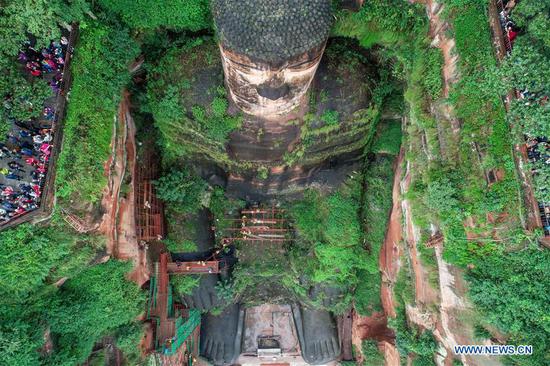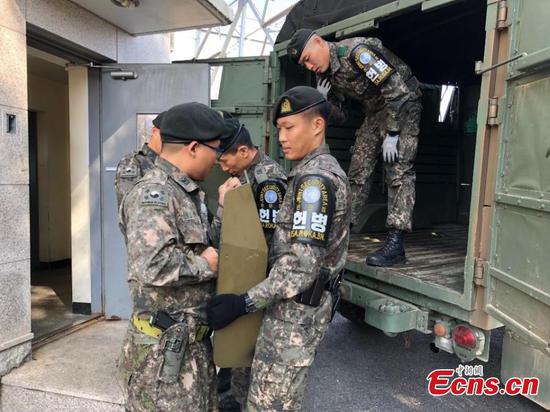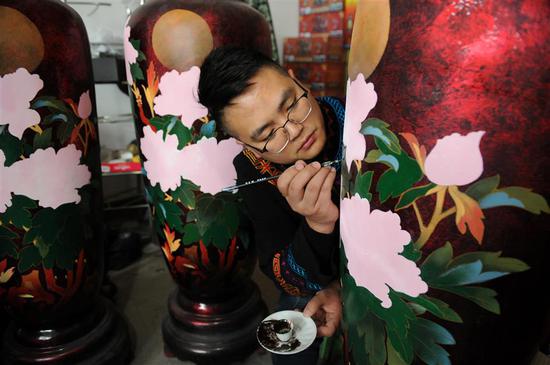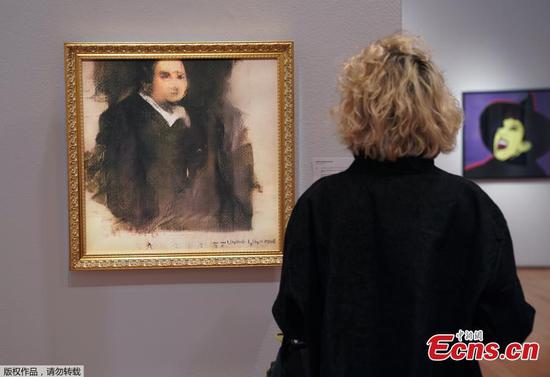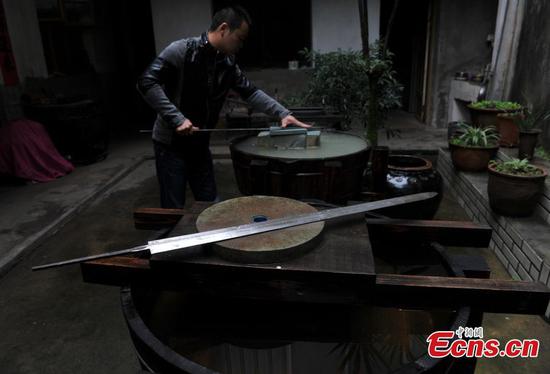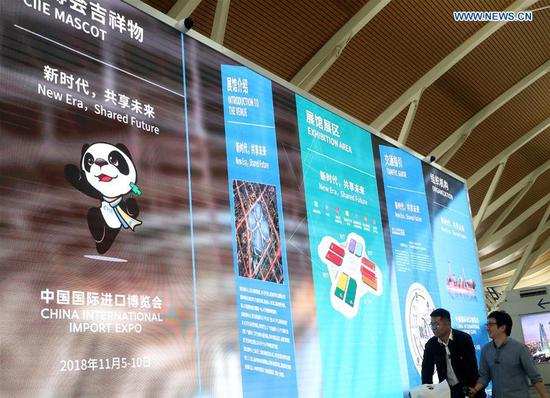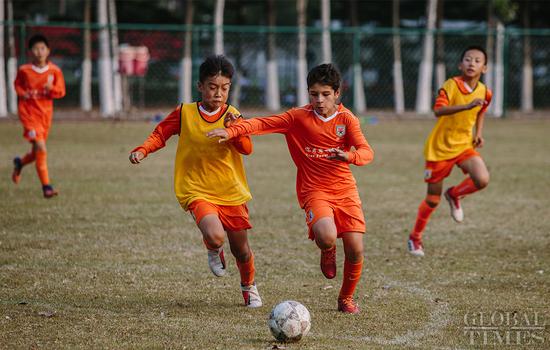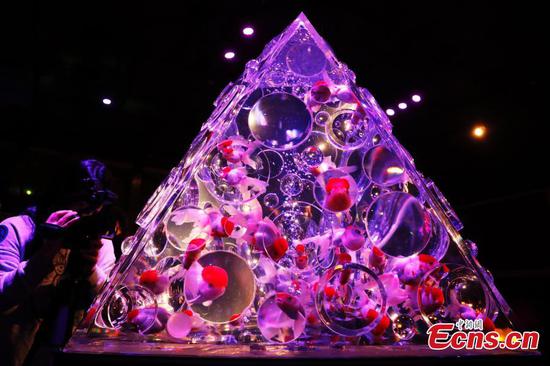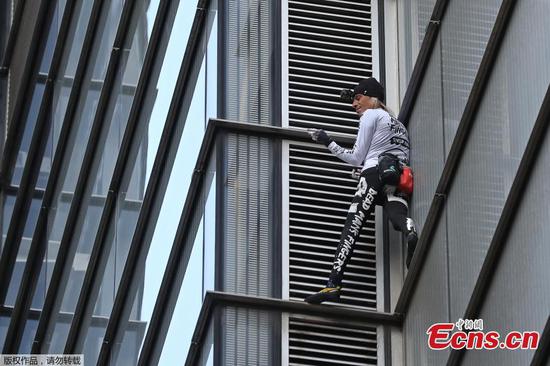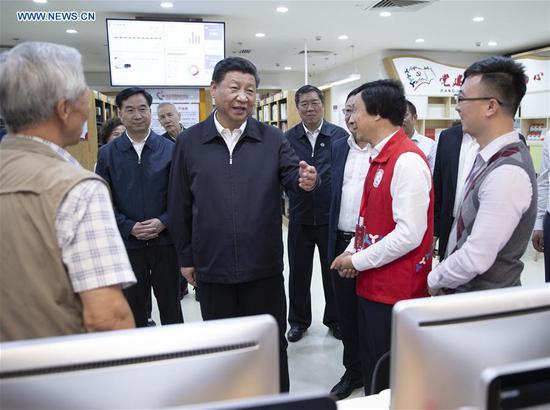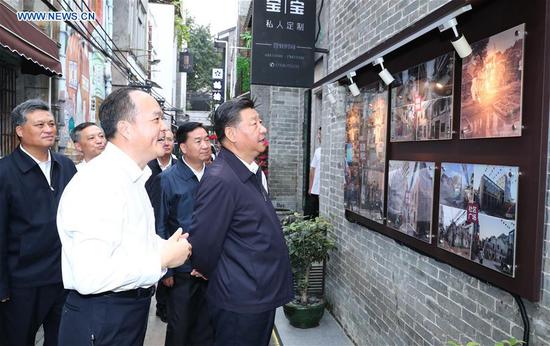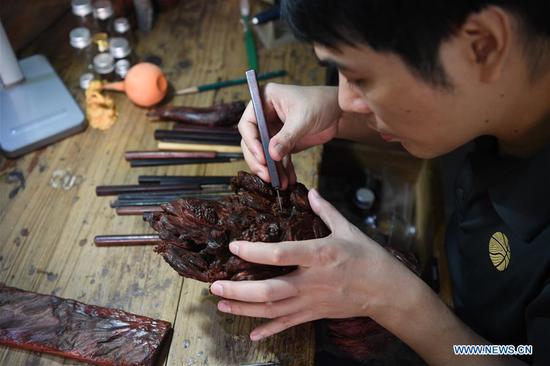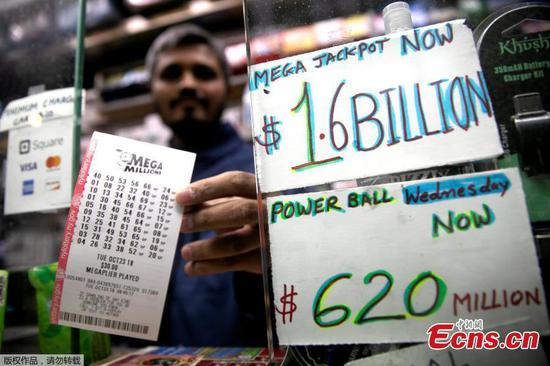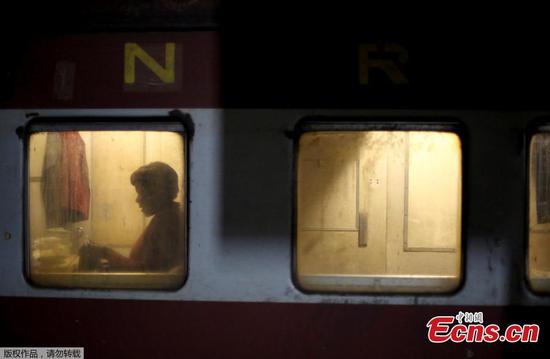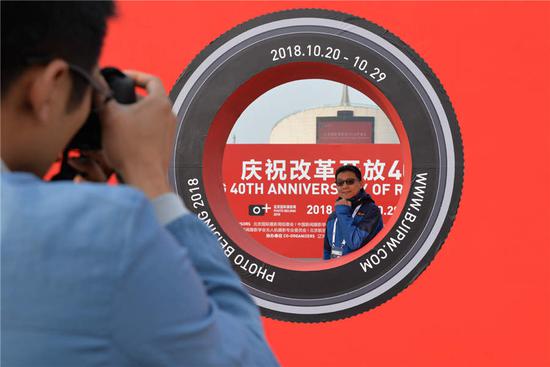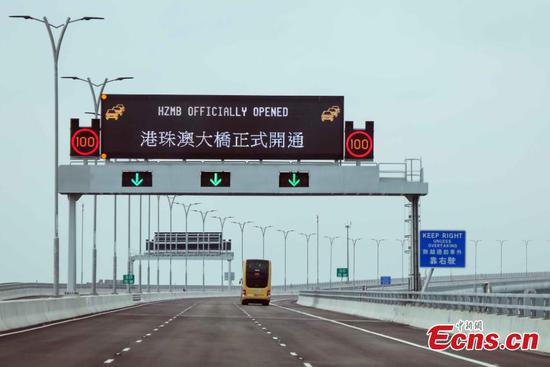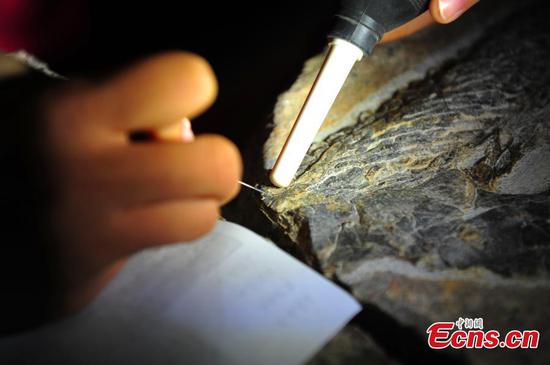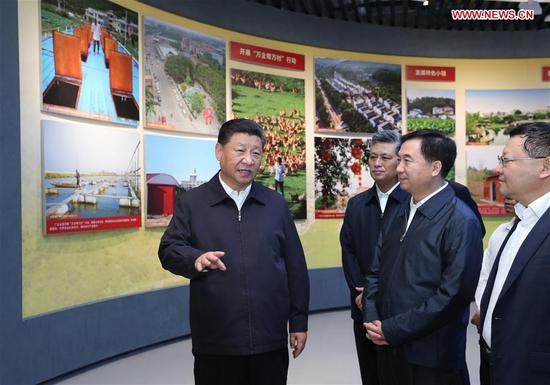Robotic arms, machine tools and 3D printers -- the gear that is commonly seen in advanced factory plants -- have been equipped in classrooms in northwest China.
Bayi Orphan School, located in Yushu Tibetan Autonomous Prefecture in Qinghai Province, sits at an altitude of 3,800 meters. Most students there come from families in remote herding and farming areas.
The equipment was installed as part of a government-backed project called "Youth Silicon Valley" that aims to inspire young students by getting their hands on cutting edge technologies and products.
"Kids here have never seen this equipment and so are very curious," said Liang Haining, deputy principal of the school. "I believe these practical courses can help unleash imagination and creativity in them."
Like their counterparts in China's more developed eastern and coastal regions, students in western regions are increasingly enjoying the possibilities that technology enables.
In Xining, capital of Qinghai, fifth-grader Zhang Jiajie has made a mini electric eight-wheeler with his classmates and displayed it during a recent event for Youth Silicon Valley.
For Zhang and his classmates, their masterpiece is a trailer for the future. "We designed software for it so it can travel to 'Mars' and then back to its 'home base'," Zhang said.
Since 2016, Zhang's school has been offering courses that aim to improve students' hands-on skills and cultivate young creators.
"At first we only taught about robots, but more recently, class content has expanded to include 3D printing and programing," said Wang Yongzhen, who teaches the courses at the school.
In 2017, China rolled out a plan to boost the country's ability to develop artificial intelligence (AI). The plan promoted the establishment of AI and programing courses in elementary and middle schools.
From 2017 to 2020, Youth Silicon Valley plans to build 1,000 classrooms with modern equipment and 100 activity centers for educating future creators in the country.
"Creators are those who turn ideas into reality and impossible to possible," said Yue Haoliang, another fifth-grader at the school who studied robot programming for two years and won a local sci-tech competition.
"Right now I don't have the experience for turning impossible into possible," said Yue. "But maybe in the future."









